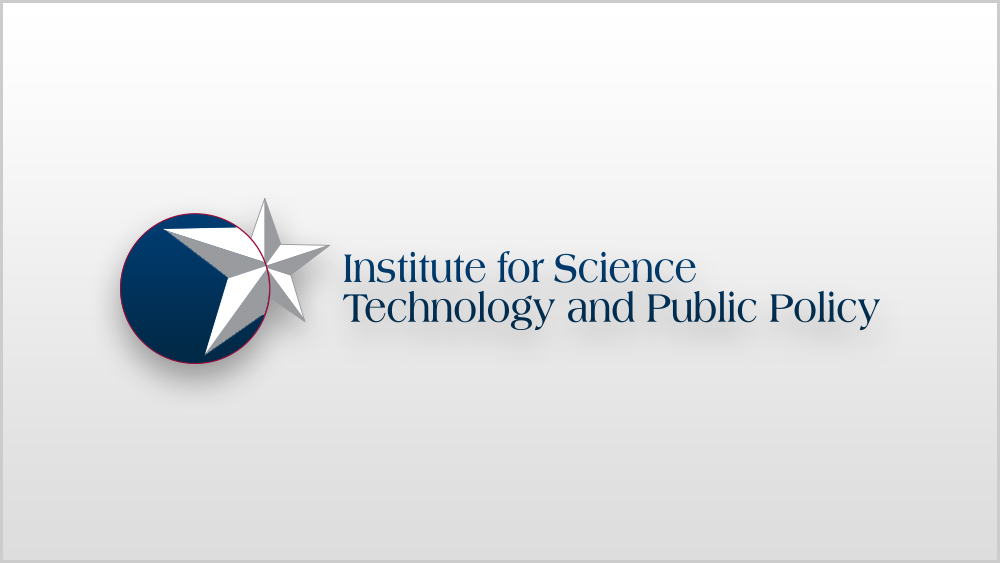
ISTPP researchers presented three papers at the Midwest Political Science Association conference in April.
“Blurring the Lines of Scientific Objectivity in the Policy Process: Are Climate Skeptic Portrayals of Climate Scientists as Wild-Eyed Fanatics Accurate?”
ISTPP Fellow James W. Stoutenborough presented research co-authored with Rebecca Bromley Trujillo and ISTTP Director Arnold Vedlitz. The authors examine the portrayal of climate scientists as biased predictors of threat due to climate change. Some among the media and climate skeptics point to the affiliation of climate scientists with environmental interest groups as proof of the scientists’ bias. Using data from two national surveys, the authors compare involvement of climate scientists in environmental interest groups with that of the general public.
This paper is based on two research projects funded by by the National Oceanic and Atmospheric Administration.
“Deliberation, Public Discourse and Opinion on Climate Change”
Brian Shreck, ISTPP pre-doctoral research associate, presented a paper co-authored with ISTPP Director, Arnold Vedlitz, at the 72nd Annual Meeting of the Midwest Political Science Association in Chicago, IL on April 4, 2014.
Shreck and Vedlitz use survey data to compare and discuss individuals’ engagement in informal public discourse and how it affects policy opinions and beliefs regarding climate change. Public discourse has long been considered by democratic theorists to be a cornerstone of democratic legitimacy, but this has rarely been tested. On several counts, the authors determined that while some public discourse is occurring, it is not a strong predictor of political opinion formation.
This paper is based on two research projects funded by the National Oceanic and Atmospheric Administration and another project funded by ISTPP and a Texas Sea Grant.
“The Effects of Overconfidence in Complex Domains on Policy Preferences: The Public and Their Understanding of Energy, Climate Change, and Genetically Modified Organisms”
James W. Stoutenborough (ISTPP Fellow) presented a manuscript co-authored with Kellee J. Kirkpatrick, Xinsheng Liu (ISTPP Associate Research Scientist), and Arnold Vedlitz (ISTPP Director). People are faced with complex policy issues that are beyond the abilities of most of us to comprehend, evaluate, and determine a preferred course of action. Some people may be overconfident or under confident in how well they can do this. Using data collected from issue-specific national public opinion surveys on energy, climate change, and genetically modified organisms (GMO), the authors analyze individual characteristics that are more likely to result in over or under estimation of one’s understanding and how this influences one’s policy preferences.
This paper is based on an energy survey supported by Texas A&M University’s Crisman Institute for Petroleum Research in the Harold Vance Department of Petroleum Engineering, ISTPP, and the Office of the Vice President for Research; two climate change projects funded by the National Oceanic and Atmospheric Administration; and GMO project sponsored by ISTPP and the Institute for Public Policy at University of New Mexico.

